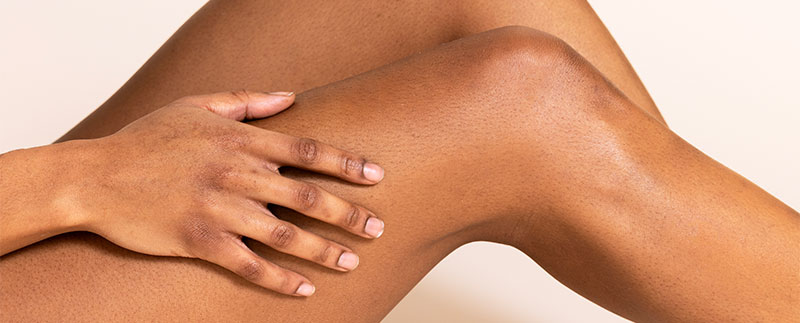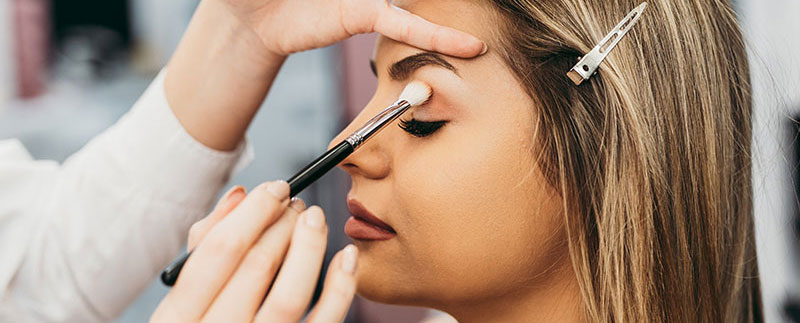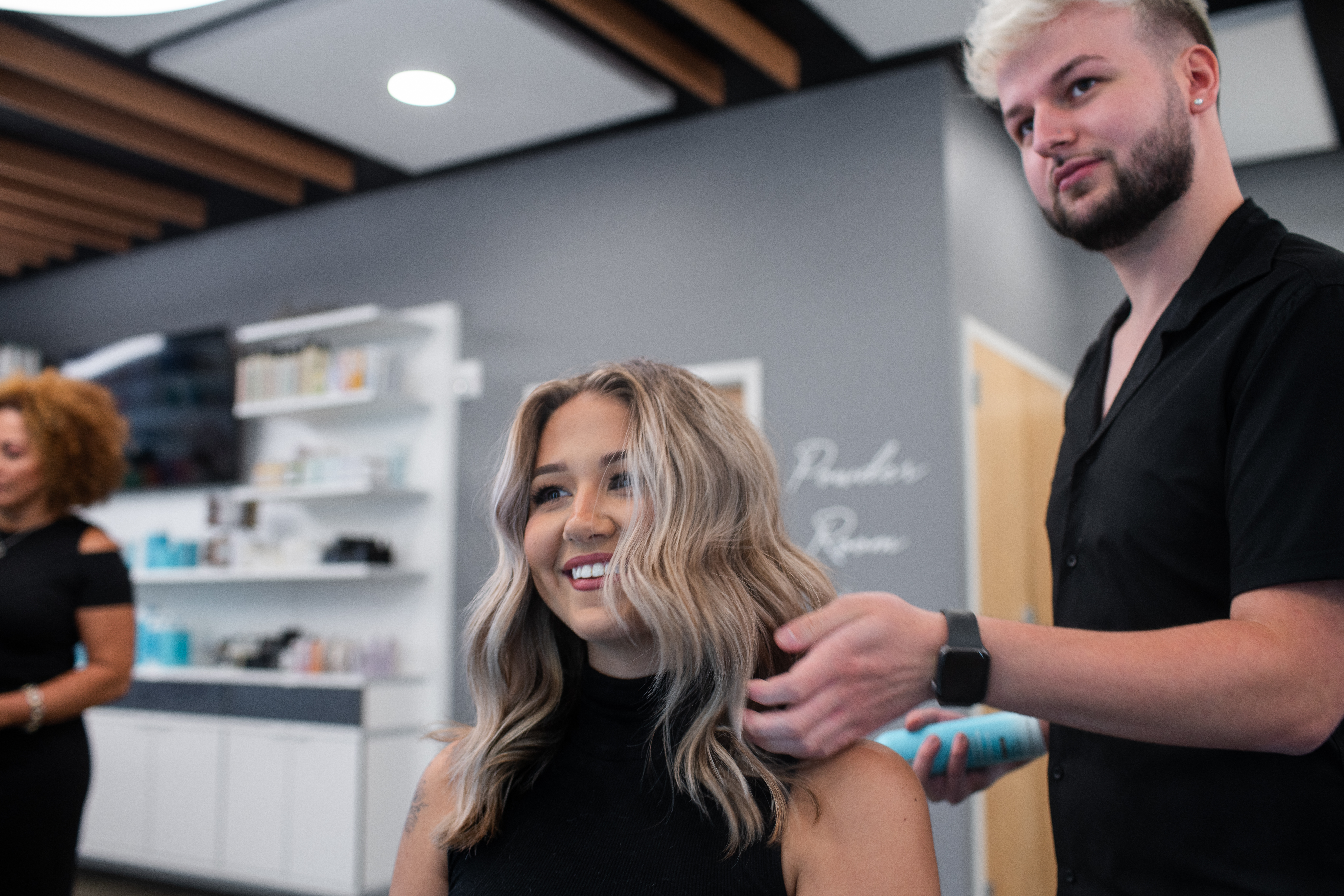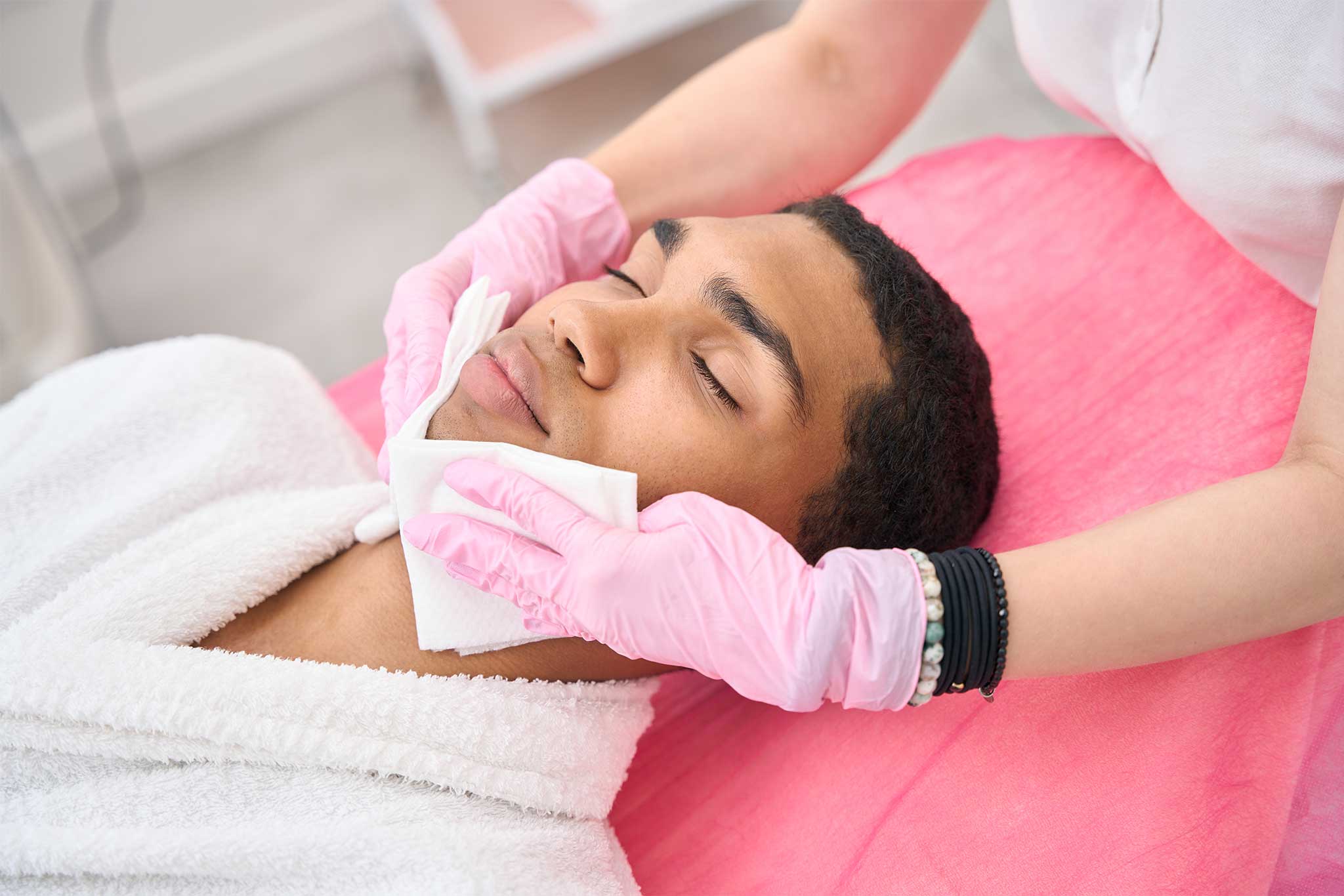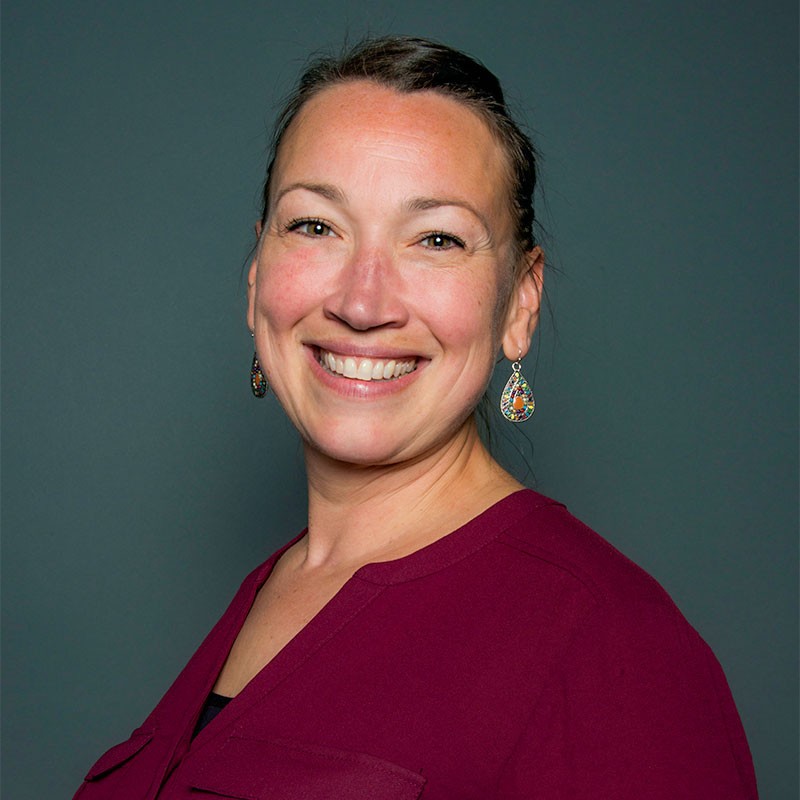Is Esthetics a Good Career?
Maybe you watch endless TikToks of people sharing their skincare routines. Or maybe you’re the go-to person among family and friends for advice about blemishes and puffy eyes. Maybe you love doing everyone’s makeup, no matter the occasion. Or perhaps you’ve seen a loved one struggling with a skincare condition like acne, rosacea, or melasma—and you wish you knew how to help.
Milady | August 17, 2024 | 15 min read
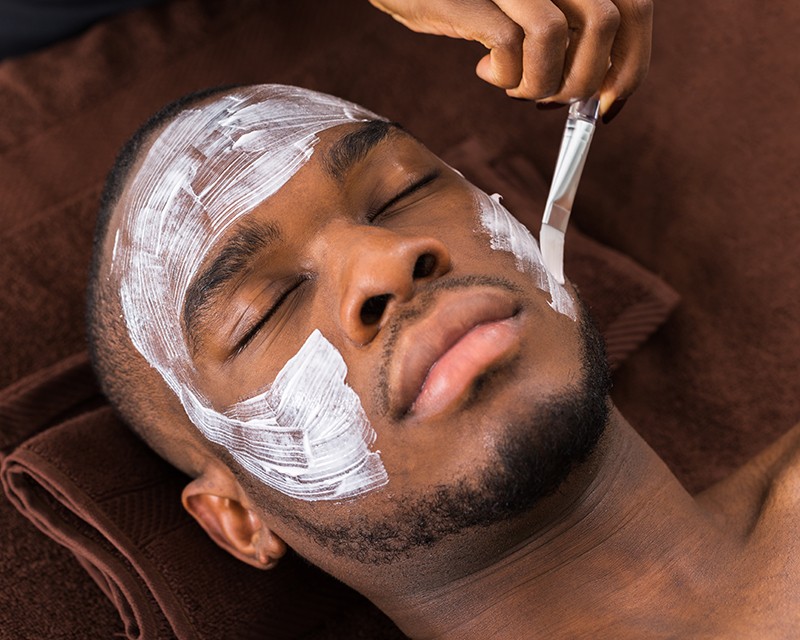
Maybe you watch endless TikToks of people sharing their skincare routines. Or maybe you’re the go-to person among family and friends for advice about blemishes and puffy eyes. Maybe you love doing everyone’s makeup, no matter the occasion. Or perhaps you’ve seen a loved one struggling with a skincare condition like acne, rosacea, or melasma—and you wish you knew how to help.
If any of this sounds familiar, keep on reading because the information below can help you answer this pivotal question: Is esthetics a good career choice?
Table of Contents
- What exactly is esthetics—and how is it different from cosmetology?
- What do estheticians do?
- What job opportunities exist in this field?
- What’s the job outlook for estheticians?
- What personality traits make for a good esthetician?
- How do estheticians help others?
- What are some pros and cons of being an esthetician?
- What role does social media play if you choose this career path?
- What should you do next if you’re interested in becoming an esthetician?
To help provide real-life insights, we asked two veteran estheticians—Kathy Davis-Rees and Kirsten Sheridan—to share their thoughts. You’ll find their wisdom interspersed with the information below.
What exactly is esthetics—and how is it different from cosmetology?
The field of esthetics involves cosmetic skincare services that improve the look and feel of a person’s skin. An esthetician is a licensed skincare professional who can perform these services. If you’ve ever had a facial in a day spa, chances are good you were working with an esthetician.
Cosmetologists are licensed professionals who provide hair, skin, and nail services. While cosmetologists do learn skincare basics in their training, they primarily focus on hair services. Learn more about the differences between estheticians and cosmetologists.
What do estheticians do?
An esthetician’s daily itinerary will vary, depending on their specific role—and on what services their state license allows them to legally perform. (Every state is a little different.)
On any given day, estheticians might perform body treatments, brow and lash treatments, chemical peels, dermaplaning, extractions, facials, hair removal, makeup application, microdermabrasion, microneedling, product consultations, skincare analysis, and/or spray tans. Take a deeper dive into the various services that licensed estheticians provide.
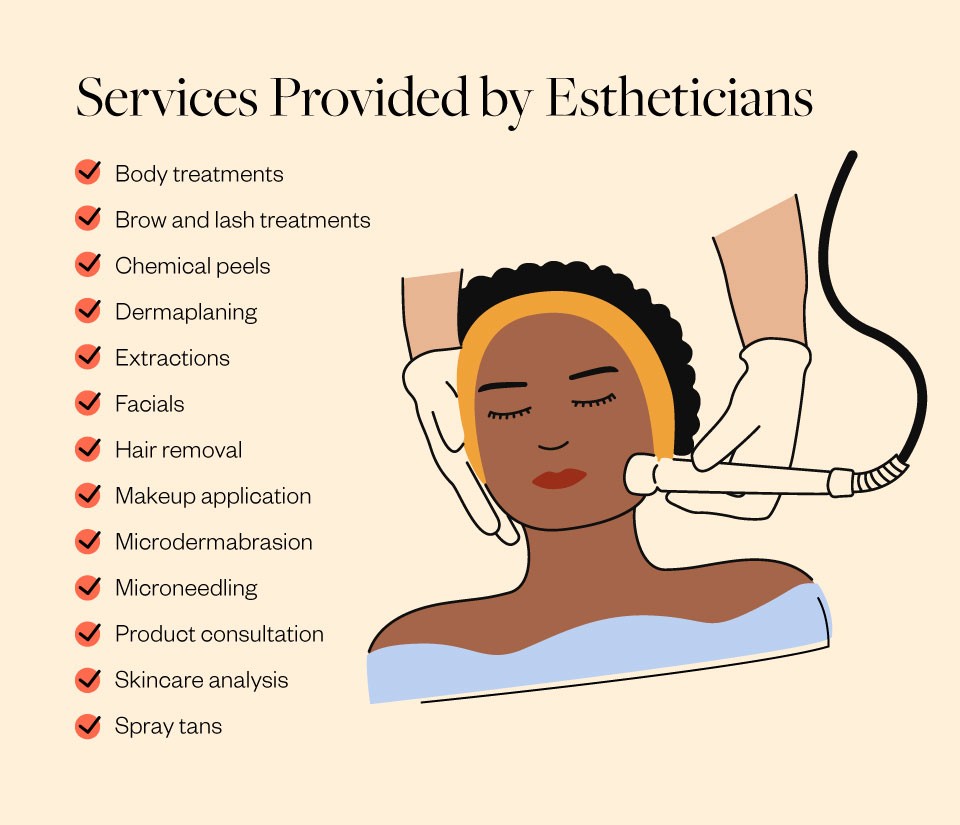
Some estheticians might specialize. For example, an esthetician might only work for a spa devoted to waxing services. And some estheticians might follow a career path beyond working in a spa or salon. We’ll discuss this more in the next section.
What job opportunities exist in this field?
Kirsten Sheridan is a long-time skincare educator. She’s taught for the Institute for Esthetics and Cosmetology in San Francisco, San Jose City College, and the Dermal Sciences Institute. She says many aspiring estheticians are unaware of the field’s scope—and the doors that can open for them if they pursue this career.
Sheridan explains, “Many estheticians develop their skills and work in either a team or solopreneur environment as an esthetician. Some estheticians go into the medical aspect of esthetics. Other careers that may stem from esthetics include health coaching, teaching either undergraduate or postgraduate education, brand ambassadors, brand educators, sales reps and equipment reps, social media creators and managers, digital course [creators], spa management, spa marketing, and curriculum development.”
Kathy Davis-Rees, a master esthetician and instructor, echoes Sheridan’s sentiments. She also highlights some of the more unusual opportunities for licensed estheticians.
“I am still surprised by mobile esthetic practices,” she says, “[which are] skincare services offered from a cargo van or ‘skin care on wheels.’ Another job within the esthetics field is a sensory scientist, which is basically a ‘face feeler.’ While wearing the product themselves, they are feeling the faces of people who are testing products for absorption, viscosity, feel, and smell and evaluating their skin to provide feedback to product development teams.”
Bottom line: Career possibilities in the field of esthetics are only limited to what a person can dream.
Estheticians can…
- Teach at a beauty school
- Develop beauty school curriculum
- Create YouTube tutorials
- Collaborate with brands on Instagram or TikTok
- Work on fashion shoots
- Work in Hollywood
- Become a health coach
- Get into skincare marketing
- Develop and sell products on their own website
- Work for skincare brands (in various capacities)
- Become a beauty blogger focusing on skin care
- Freelance for beauty publications (online and print)
- Become a staff writer for beauty pubs
- Work on cruise ships (salons/spas)
- Become a sensory scientist
- Create a mobile esthetics practice
- Go into the medical aspect of esthetics
- Run their own salon or spa
- Franchise their salon or spa
Some estheticians will take a combo approach. For example, some might work in a salon but share their tips and advice on YouTube.
What’s the job outlook for estheticians?
The field of esthetics has significantly transformed in the last couple of decades thanks to technological innovations, more estheticians choosing to enter medical esthetics, and the rise of social media.
According to Statista, global revenue in the skincare market is currently $198.4 billion. The market is expected to grow annually by 3.53%. The U.S. Bureau of Labor Statistics reports that employment of skincare specialists is expected to grow 10% by 2031, which is much faster than other occupations.
Estheticians can work as employees (in spas or salons, for example) or for themselves. The Bureau of Labor Statistics notes that part-time work is typical, with lots of schedule flexibility.
What personality traits make for a good esthetician?
Esthetics is a people-oriented profession. You work up close and personal with clients, and some clients might feel more exposed than others. Great estheticians possess excellent communication skills and the ability to empathize with their clients—and they love working with people.
Every day, estheticians must build strong client relationships. This requires heavy doses of honesty, discretion, patience, and trustworthiness. Sheridan stresses that it’s essential for an esthetician to respect a client’s privacy. “What is shared in the treatment room stays in the treatment room,” she says.
Strong organizational skills are also necessary, from maintaining an organized and sanitary work environment to an orderly and realistic schedule to an accurate and easily-accessible inventory. And if you’re a solopreneur, self-motivation is critical.
Sheridan and Davis-Rees say that successful estheticians also have a strong retail mindset—or the willingness to develop one.
As Davis-Rees explains, “Retail plays an important role for an esthetician, not only in your personal income, but in building strong relationships with your clients by addressing their skincare needs and the lifestyle elements that can affect the health of their skin. Retail products that are focused on prevention and correction can not only enhance but prolong and preserve the skin treatments that you provide your client, thus building client loyalty.”
And, of course, having a positive attitude is essential in any job—but worth mentioning here. Negative Nellies need not apply.
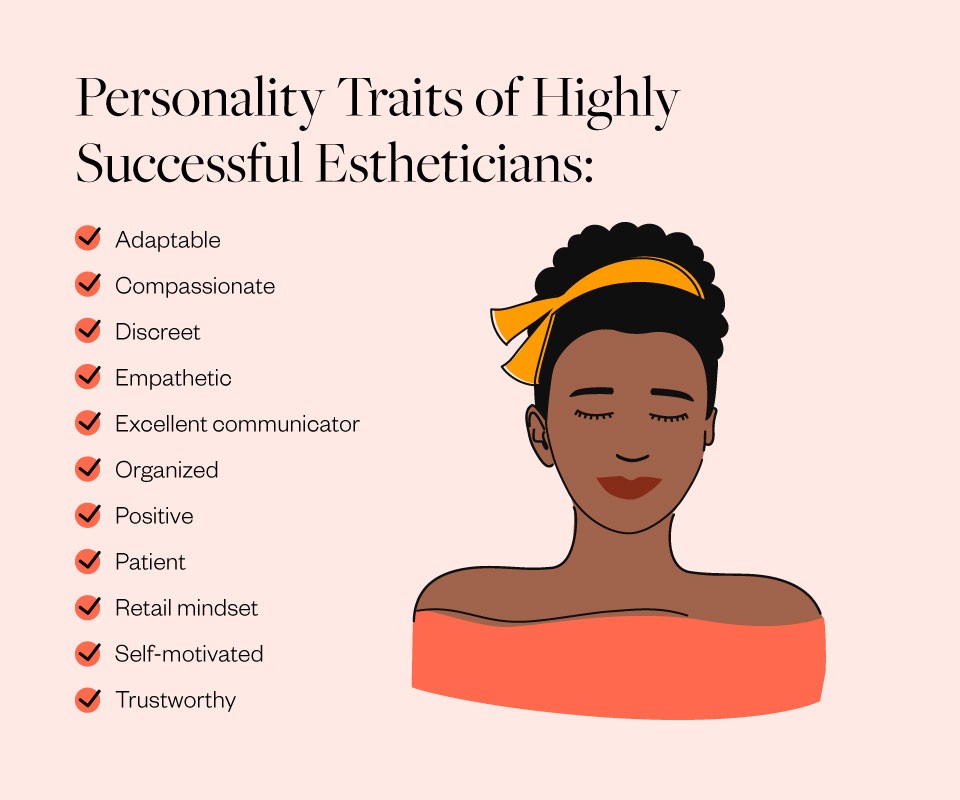
How do estheticians help others?
Estheticians help people feel more confident and comfortable in their own skin, which makes this profession incredibly rewarding and fulfilling. After all, when people feel confident in their appearance, this confidence can infuse so many different areas of their lives.
But the help estheticians give their clients can go well beyond skin care. Because of the close nature of their work, estheticians can become privy to people in crisis (due to domestic violence, for example). Or they might spot something on the person’s body—a suspicious mole or rash—that a client might miss on their own. For those in medical esthetics, the practitioner can help people recover from burns, scars, and other injuries.
Bottom line: The field of esthetics is vast. If you’re thinking of pursuing it, don’t let anyone in your orbit try to diminish the positive impact it can have on people’s lives.
To that end, Sheridan adds, “It surprises me how many people still see estheticians and professional skin care therapists as providing services considered ‘pampering.’ This industry offers the client much more than that. We are changing lives one epidermis at a time.”
What are some pros and cons of being an esthetician?
There are many pros, depending on your point of view. Do you love working with people? Does it make you happy to help people feel good about themselves? Do you get excited at the many avenues you can pursue with an esthetics license? If you answered yes to all of these, you’re getting a sense of how long the pro list could end up.
Other pros include work-life balance. Sheridan says that seasoned estheticians can choose the hours they want to work, which makes it a great career to fit around other commitments you have.
As for cons, this can also be subjective. But some general cons include long hours when you’re just starting (hours that include weekends and evenings). If you work in a team environment, you might have to navigate challenging colleagues and different managerial styles (both of which can happen in other jobs). As with many other professions, you’ll occasionally have to navigate challenging clients.
Sheridan notes that esthetics can be physically demanding, depending on the types of services you offer. “Repetitive strain can be a concern,” she says, “mainly if you aren’t taught to use your body in an ergonomically healthy way.”
Davis-Rees adds, “I think there are pros and cons to all jobs, but when you love what you do, it makes it easier to see the pros and be able to deal with the cons more confidently. However, customer service and dealing with difficult clients or coworkers can always be a challenge. This is an industry focused on people, touch, and compassion for health or beautification, and you must be able to work with different personality types. Some areas of practice can also become monotonous if you are doing the same thing every day, so it is important to continue your education and knowledge of esthetic devices and treatment offerings to continue client satisfaction and retention.”
What role does social media play if you choose this career path?
Thanks to social media, particularly Instagram and TikTok, skincare influencers—commonly referred to as “skinfluencers”—have flourished in recent years. From dermatologists, like Dr. Shah, to estheticians like Caroline Hirons, skincare experts have taken to these popular platforms to share their wisdom and tips, creating even more demand for services and products.
But you don’t have to be “social media famous” to feel its effects.
Kirsten Sheridan says that social media allows all estheticians to build rapport, trust, and connections with clients and colleagues. “[Social media] has been a game changer for many estheticians and has changed how they market their business,” she explains. “It’s like word of mouth amplified. Clients can meet their therapists through social media, and therapists can build rapport even before they reach the treatment room. This is a great way to prospect new clients and build your pipeline.”
But she says a dark side also exists. “Clients are now subject to unqualified and often unprofessional influencers who do not have the professional qualifications or the training to provide clients with sound recommendations. As estheticians, we have to counteract this issue continuously.”
What should you do next if you’re interested in becoming an esthetician?
Kirsten Sheridan recommends shadowing and talking to estheticians, including newly licensed skincare specialists and established beauty professionals. Gather information in as many settings as possible, from spas and salons to busy skin care centers and medical clinics. Understand what is expected if you work with a team vs. being a solopreneur.
Because so many different career paths exist for estheticians, Kathy Davis-Rees recommends trying to understand which areas interest you most. For example, medical and clinical vs. relaxation and beautification.
She adds, “Take the time to evaluate the educational facilities, as having a strong education and practical ability is key to your success as a newly graduated esthetician. Your education should also include business building skills, communication, and the tools to help you be successful.”
Keep in mind that the most successful estheticians never stop learning. They keep their eyes on trends and take relevant continuing education courses to improve their skills.
Finally, listen to your gut. “Esthetics is a gratifying career,” Sheridan says. “However, no one knows you better than you know yourself.”
Hear What Professionals Have to Say About the Beauty and Wellness Industry
So, “is esthetics a good career? That’s up to you to decide, but we wish you the best of luck if you decide to go for it. If you want to stay updated on the wonderful world of esthetics, sign up for our Milady newsletter.
Ready to take the first step towards an exciting and rewarding career in the beauty industry?
Sign up for the Milady email list. As a subscriber, you’ll get a sneak peek into the world of beauty and all the possibilities that await you. Don’t miss out on this opportunity to stay in the know and start your journey towards a brighter future today.
"*" indicates required fields

About Milady
Milady is on a mission to prove that a career in the beauty industry can lead to professional success and personal fulfillment. Our job is to create forward-thinking education that reshapes the industry and uplifts the next generation of beauty professionals. Let’s change the face of beauty. Learn more about Milady, here.

